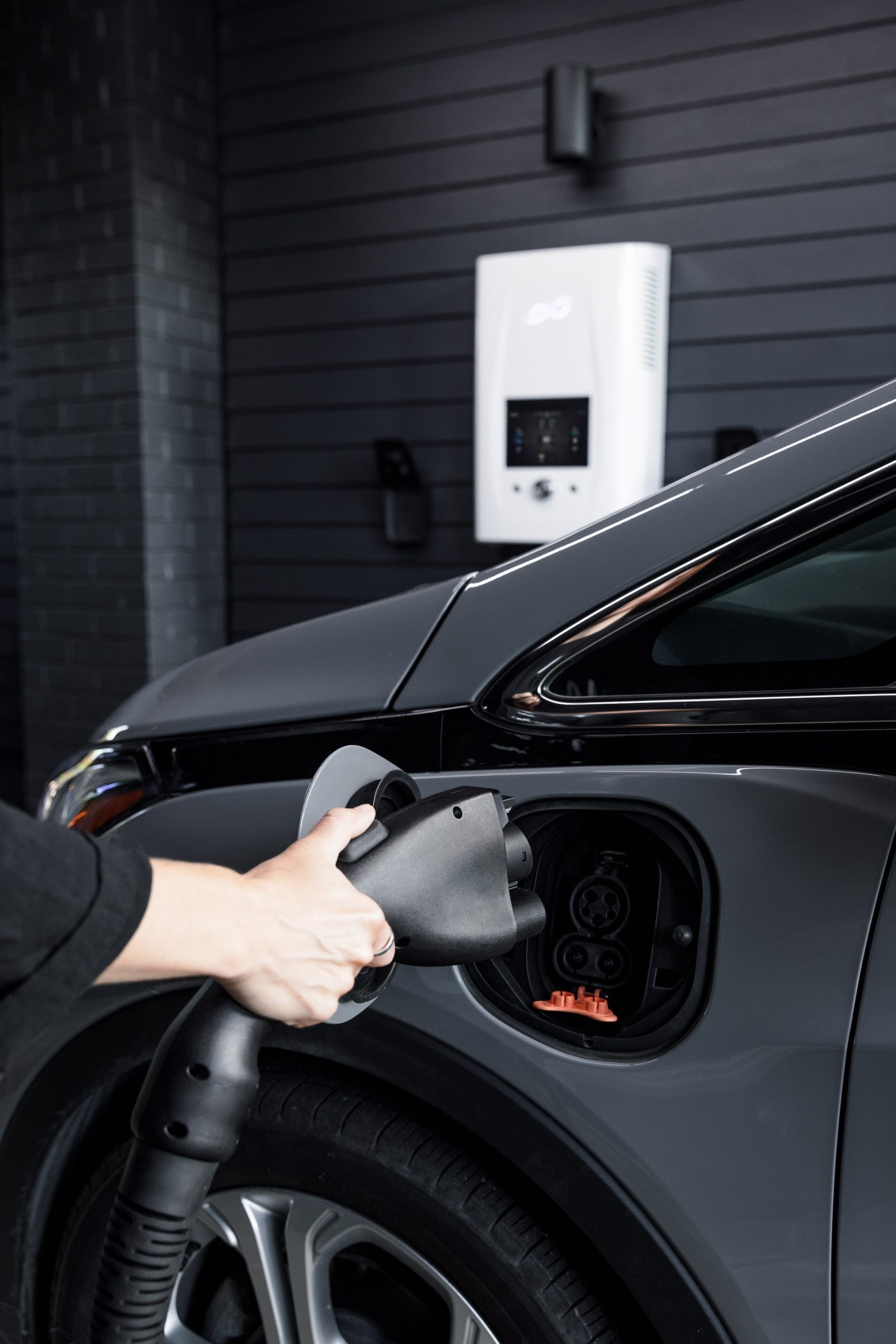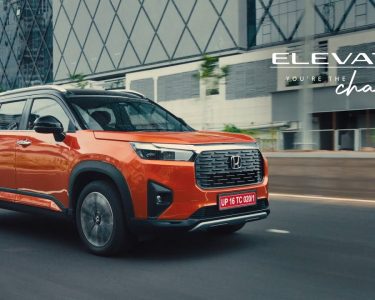China has emerged as a dominant player in the electric vehicle (EV) industry, with a slew of homegrown companies leading the pack in sales and innovation. However, challenges loom on the horizon for these companies as they face tough competition, government regulations, and changing market dynamics.
Chinese automakers, including BYD, NIO, and Xpeng, have been growing at an unprecedented pace, propelled by favorable government policies, technological advancements, and increasing demand for eco-friendly vehicles. In 2020, China’s EV sales reached 1.3 million, accounting for over 40% of the global market share, according to the China Association of Automobile Manufacturers.
BYD, backed by billionaire investor Warren Buffett, is one of the leading players in the Chinese EV market. The company, which started out as a manufacturer of rechargeable batteries, has since diversified into producing electric buses, taxis, and passenger cars. In 2020, BYD sold 189,000 EVs, making it the world’s largest EV manufacturer in terms of sales.
NIO, a Shanghai-based EV maker, has been making waves with its luxury electric SUVs, the ES6 and ES8, which have garnered critical acclaim and a loyal fanbase. In 2020, NIO sold 43,728 vehicles, up from 20,565 in 2019, and reported a 146% increase in revenue year-over-year.
Xpeng, another rising star in the Chinese EV industry, went public in the U.S. in August 2020, raising $1.5 billion in its initial public offering. The company’s smart electric SUV, the G3, has been a hit with Chinese consumers, with sales reaching 27,041 units in 2020.
However, as the Chinese EV market becomes more crowded and competitive, these companies will face challenges in maintaining their growth and profitability. The government has been cutting back on subsidies for EVs, which could make it harder for some companies to compete on price. In addition, the emergence of new players in the market, such as Tesla, is putting pressure on homegrown companies to innovate and differentiate themselves.
There are also concerns about the quality and safety of Chinese-made EVs, which could hurt consumer confidence and dampen demand. In 2020, NIO had to recall nearly 5,000 vehicles due to battery defects, which raised questions about the company’s quality control standards.
Furthermore, the global chip shortage has hit the auto industry hard, including Chinese EV makers, who rely on imported semiconductors for their vehicles. This has led to production delays and increased costs, which could impact profitability in the long run.
Despite these challenges, Chinese EV makers are optimistic about the future and are investing heavily in research and development to stay ahead of the curve. BYD has announced plans to launch a new EV platform that will enable it to produce more affordable EVs and expand its market share. NIO is investing in battery swap technology and autonomous driving capabilities, while Xpeng is developing advanced driver assistance systems and expanding its product lineup.
In conclusion, Chinese EV makers have come a long way in a short amount of time, but they still have a long road ahead. The industry is evolving rapidly, and companies will need to adapt to changing market conditions and consumer preferences to stay ahead of the competition. With the right strategies and investments, Chinese EV makers have the potential to continue dominating the industry and shaping the future of transportation.




